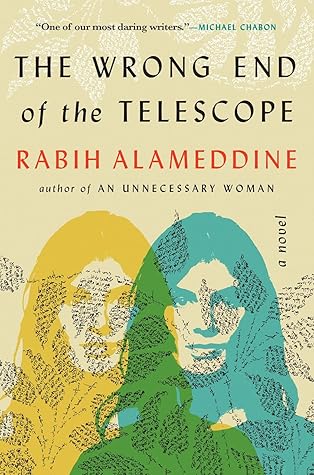More on this book
Community
Kindle Notes & Highlights
Memory is a wound, you said. And some things are released only by the act of writing. Unless I go in with my scalpel and suction to excavate, to clean, to bring into light, that wound festers, and the gangrene of decay will eat me alive.
here was a woman who found everything surprising and nothing shocking.
He said I was different because I talked to him—well, more than talked since a number of the European volunteers did so, but I was willing to have a conversation, not talk at him or tell him what to do. I told him to give me a little time; my wife complained all the time that I told everyone what to do. He found that mildly amusing. He explained that these volunteers, be they European or American, behaved exactly like the German tourists who arrived every summer full of imperious airs and left with shellacked skin and complaints about the chaos that was the island.
You once wrote that you felt embarrassed when critics and reviewers classified your work as immigrant literature. You joked that the worst immigration trauma you had endured was when your flight from Heathrow was delayed.
You could bear witness, you said; observing was the one thing you knew how to do. If you could listen to their stories, maybe their stories could make sense. Only what was narrated could be understood.
In the essay, you wondered what kind of person would think it was a good idea to donate thousands of sequins to Syrian refugees who had nothing left, whose entire lives had been extirpated. Bright, shiny, gaudy, useless sequins? A fabulous one, of course, a lovely, most wonderful human being.
If he crossed a desert on his knees to atone for his sin, I would not relent. No, I was certain that I’d never forgive his betrayal. I encased my heart in iron and chugged along, a clean break. But then breaks are never ever clean, no such thing.
You had to adapt; you were good at that. First you were an enemy because you were queer, but suddenly being a Middle Eastern immigrant was a bigger threat. A shift of wind. A sailboat has to adjust to the whim of the wind, not the other way round. You adjusted.
What could you do? You were in graduate school. You had to get another degree in order to become a productive member of an evil society.
He began to understand that he was using the pain of others to alleviate his own. He couldn’t keep going, he told me. As much as he was helping, he could no longer live with the fact that he was using the suffering of poor villagers to satisfy his sentimental needs. He needed them to suffer, he told me, in order to feel needed, in order to reinforce his privilege.
You had come from Beirut, you said, and the Mormon forced you to switch to American mode sooner than you’d expected. You hadn’t realized that you were still that split—discrete entities not quite melted in the pot, Lebanese and American, still an immigrant after all these years—until you came across a large group of Middle Easterners while driving from the airport to Skala Sikamineas.
My father used to say that cognac was the best remedy for insomnia, not that it would help you sleep, but rather it would make you enjoy being awake quite a bit more.


